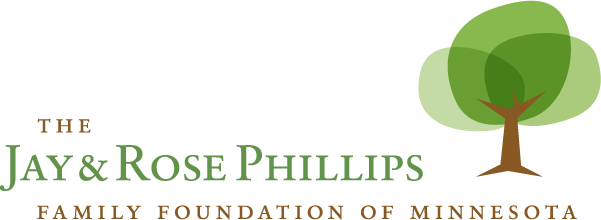By Robbin Olsen Molnar
Historically, clothes and specifically “professional” dress have been surefire ways for the (generally) cisgender, heterosexual men of the world to control and punish the women that they hire. Our society continues to degrade women/people assumed to be women based on what they are or aren’t wearing or how they are or aren’t presenting.
At every job I have ever had, I have been told to dress differently, look differently, present differently. The common themes are breasts are inappropriate (having them at all), natural curls are abhorrent to professionalism, and “couldn’t you just wear like a little bit of makeup…” These comments slowly but surely wear away at one’s sense of humanity and decency making it impossible to feel capable of professionalism as an assigned female at birth femme.
There are, obviously, several deeper issues at play here i.e. sexism, racism, classism, sizeism, ableism etc. The fact that these marginalized groups are being and have been harmed by the idea of “professional dress” means that spaces are filling with fewer and fewer marginalized groups and it disadvantages those groups in the workplace.
My most recent dress “problem” was during a pain flair. When I was about six, I sprained both ankles on the playground. Because I lived in a low-income family, we couldn’t afford proper medical care, and, as a result, my ankles never properly healed and still flare relatively often. During these flares, I can’t wear things like pants, heels, or boots, so on this day I went to the office wearing a maxi dress and flip flops. While it is true that I did have the option of wearing more professional flats, I didn’t own any flats and had neither the time nor money to buy a pair as an Americorps VISTA working 4 jobs to make ends meet. When I arrived at the office I was told to sit at the front desk for the day – I figured this was perfect as no one would see my feet. Unfortunately, when I stood to go to the bathroom, a supervisor level staff person saw my feet and asked for a private conversation with me. I was told that flip flops were unprofessional and unacceptable, that the cut of my dress was too tight and the neckline too low, and that I looked tired. He suggested that maybe this weekend I should “treat myself” to some new, professional clothes and a nap (or some makeup so as to at least not look tired). This conversation threw me completely off of my game, as conversations like this always do. I stopped working for the day. I sat at the desk and scrolled through Facebook, while intermittently trying to find affordable “work” clothes that would fit my body, hide my chest, and weren’t sweatsuits.
This kind of policing is so detrimental to the relationship between employees and employers as well as the relationship between women/people perceived as women and working in any “professional” context. The bigger problem is that these -isms make it so hard for people to find and keep work that pays higher and has a more predictable schedule than most other work. What’s the answer? For me, it is to challenge the culture to change and allow all bodies, skin colors, hair types, and disabilities to be recognized as acceptable to the public.
